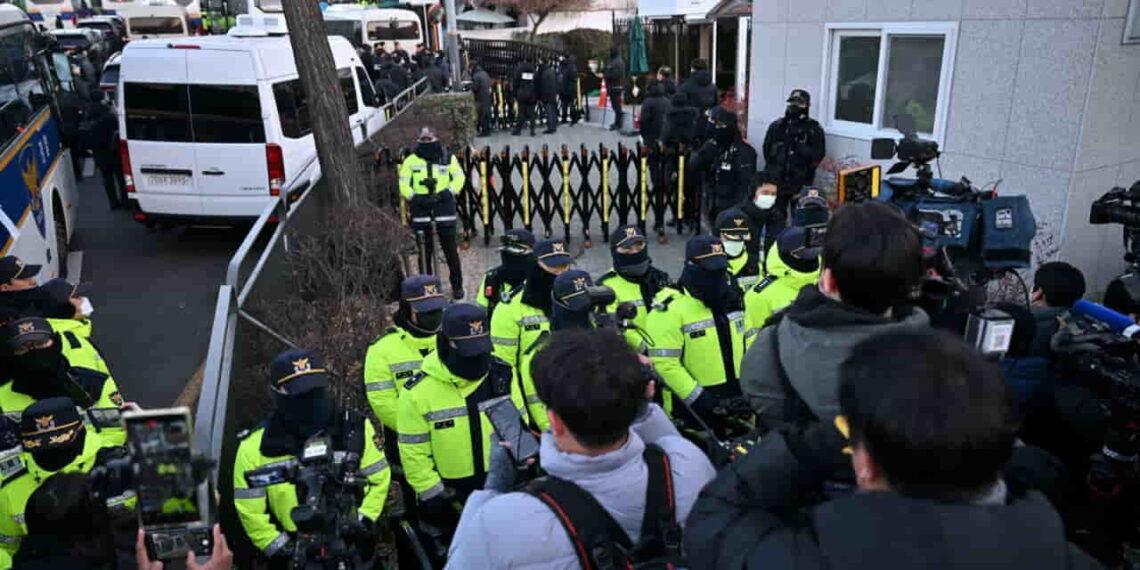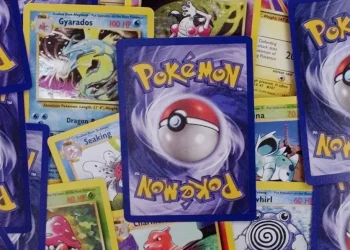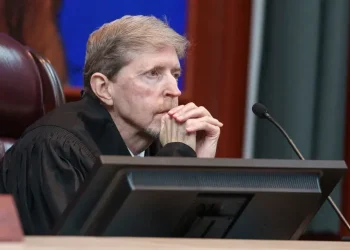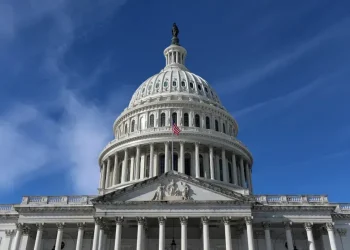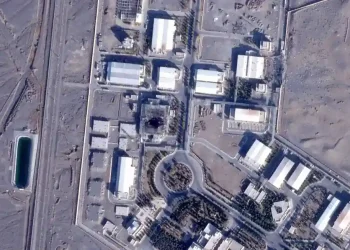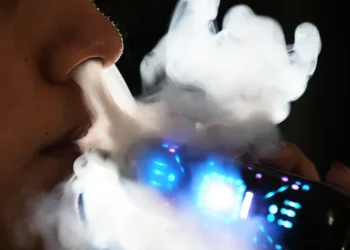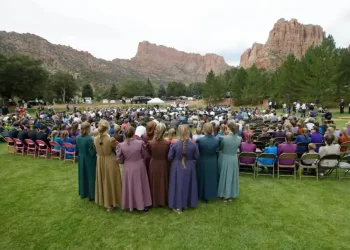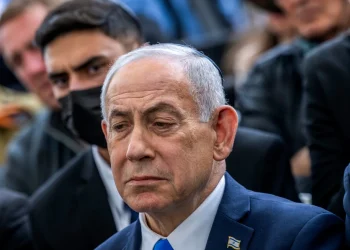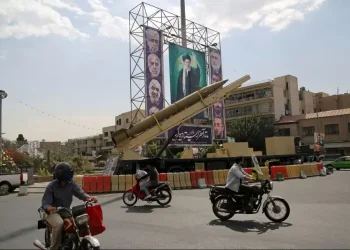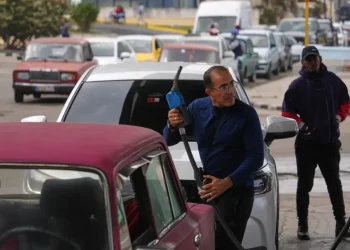South Korean Investigators Suspend Arrest Attempt on Impeached President Yoon Suk Yeol After Intense Standoff
Seoul, South Korea – Investigators in South Korea suspended their effort to arrest impeached President Yoon Suk Yeol on Friday following a tense standoff with his presidential security team at his residence. The arrest, linked to Yoon’s controversial failed martial law declaration, was deemed “effectively impossible,” according to officials. The warrant remains valid until Monday, leaving the situation unresolved.
A Historic and Contentious Case
Yoon Suk Yeol, currently suspended from his duties by lawmakers, risks becoming the first sitting South Korean president to be arrested. His December 3 martial law declaration, which briefly plunged the democratic nation into political turmoil reminiscent of past military rule, could result in imprisonment or even the death penalty.
Safety Concerns Force Operation Halt
The Corruption Investigation Office (CIO), which is leading the probe, issued a statement explaining its decision to call off the arrest:
“Regarding the execution of the arrest warrant today, it was determined that the execution was effectively impossible due to the ongoing standoff,” the statement read. “Concern for the safety of personnel on-site led to the decision to halt.”
The standoff involved a direct confrontation between the CIO investigators and soldiers under the Presidential Security Service, which continues to protect Yoon as the country’s sitting head of state.
Escalating Tensions at the Presidential Residence
Senior prosecutor Lee Dae-hwan and other investigators gained initial access through tight security barricades to reach Yoon’s residence. However, the operation stalled after Yoon’s security team engaged in heated negotiations to block the arrest.
The scene outside the presidential compound was tense, with hundreds of police officers and dozens of police buses stationed to prevent clashes. Pro-Yoon demonstrators and anti-Yoon protestors gathered nearby, chanting opposing slogans.
Legal Battle and Defiance
Yoon’s legal team criticized the arrest warrant, calling it “illegal and invalid.” Yoon Kap-keun, his lawyer, vowed to pursue further legal action:
“The execution of a warrant that is illegal and invalid is indeed not lawful,” he stated.
The president himself has ignored three summonses from investigators, prompting the CIO to seek the warrant. Earlier this week, Yoon vowed to “fight” authorities, further fueling political tensions.
Protests and Polarized Public Opinion
The arrest attempt has drawn sharp divisions among South Koreans. Pro-Yoon supporters, including evangelical Christians and far-right activists, camped outside the compound in subzero temperatures, holding prayer vigils and demanding the arrest of opposition leaders.
“Opposition figures are trying to turn our country into a socialist state, like North Korea,” said Yoon supporter Lee Hye-sook.
Meanwhile, anti-Yoon protestors and opposition leaders continue to call for his immediate arrest and accountability for his actions.
Broader Implications for South Korea
The standoff comes as Yoon awaits a Constitutional Court decision to confirm or reject his impeachment by parliament. In a rare move, North Korea’s state media commented on the political unrest, describing the situation as “political chaos.”
Two top military officials involved in Yoon’s martial law decree were also indicted on charges of insurrection Friday. Both are already in custody.
Uncertain Path Forward
With the warrant deadline looming on Monday, investigators face a narrowing window to arrest Yoon. If apprehended, Yoon could be held for 48 hours under the existing warrant, after which investigators would need to secure a new one.
The dramatic standoff underscores the deep political and social divides within South Korea, as the nation grapples with the unprecedented implications of arresting a sitting president.
This article was rewritten by JournosNews.com based on verified reporting from trusted sources. The content has been independently reviewed, fact-checked, and edited for accuracy, neutrality, tone, and global readability in accordance with Google News and AdSense standards.
All opinions, quotes, or statements from contributors, experts, or sourced organizations do not necessarily reflect the views of JournosNews.com. JournosNews.com maintains full editorial independence from any external funders, sponsors, or organizations.
Stay informed with JournosNews.com — your trusted source for verified global reporting and in-depth analysis. Follow us on Google News, BlueSky, and X for real-time updates.
